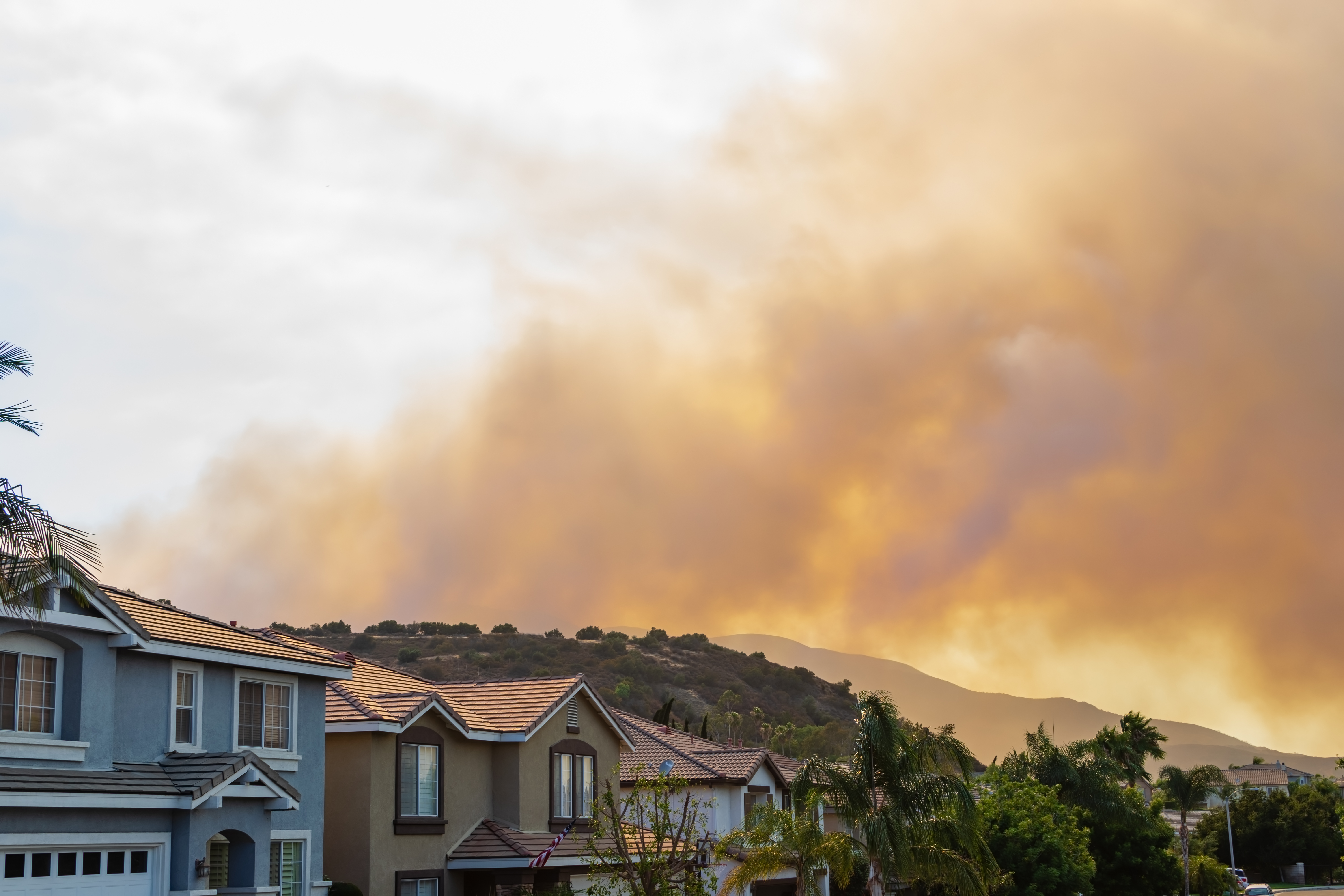As Climate Change Brings More Wildfires, Civix Pioneers Change in Managing DR Grants
Helping California Adapt and Innovate Using CDBG-DR Dollars
NEW ORLEANS, LA – From floods to hurricanes to wildfires, each disaster presents its own set of challenges and impacts. Based on the way damage is calculated, the Department of Housing and Urban Development (HUD)’s Community Development Block Grant (CDBG) Disaster Recovery grants have historically predominantly supported flood and hurricane recovery, with few wildfires receiving CDBG-DR funding. Climate change is leading to more frequent and more severe disasters, including drought and wildfire. Civix has guided and advised state agencies in California on using HUD dollars to recover, mitigate, and create more resilient communities for future disasters, from HUD’s National Disaster Resilience Competition (NDRC), to the 2017 fires and mudslides, and 2018 fires, Civix understands how to use HUD dollars to create fire recovery programs and equip its clients with the tools they need for the next disaster.
The Climate’s Changing, So Should We
According to CAL FIRE, warmer spring and summer temperatures, reduced snowpack, and earlier spring snowmelt are creating longer and more severe dry seasons. In fact, the length of the fire season is estimated to have increased by as much as 75 days in many areas of the Sierra Nevada, the forested mountains that flank California’s eastern border. This stark reality means wildfires will continue to increase in numbers and severity across the west. In working to help state agencies and local communities to recover, Civix is continuing to put its extensive disaster recovery experience to work in new ways in California and throughout the region.
Breaking New Ground
Combining that experience with relationships developed from working with HUD and state agencies in California, Civix is helping to break new ground in programming DR funds, while working within the sometimes-narrow framework of HUD regulations. This is key to more effectively getting dollars where they need to be.
“We’re adapting CDBG-DR to fire recovery, incorporating lessons from the National Disaster Resilience Competition, disaster recovery, and mitigation,” said Civix Director Nathan Cataline. “The work we’re doing in California is looked upon as a national example of how to use CDBG-DR dollars for fire recovery.”
“The National Disaster Resilience Competition revealed new ways to approach disaster recovery and mitigation, and it laid the groundwork for the federal, state, and local collaboration needed to address the scale of fire recovery and mitigation,” Cataline said.
Connections are Key
“Wildfires are different from other disasters,” says Bailey. “Instead of following previous models based on other events, we adapt those best practices to the unique needs of wildfire recovery using our experience, feedback from those directly impacted, and our relationships with other agencies to provide a complete solution.”
Civix created a team that has both national DR experience and local ties to the communities affected. Cataline and Bailey are California natives who bring their experience working in disaster recovery, along with deep experience working across California, into their wildfire recovery work. Their longstanding relationships with stakeholders and decades of recovery experience help get the funds where they will have the greatest impact.
“There’s a lot of mitigation work happening, and we’re educating our clients on how to leverage those existing programs, agencies, and funding,” says Cataline.
Civix has supported state and local governments recover from some of the largest disasters in recent history. Its team is a trusted technical assistance provider for HUD, assisting both new grantees and communities that have received disaster recovery funding before to create programs that comply with federal requirements and meet local recovery goals.

